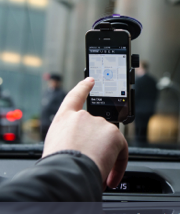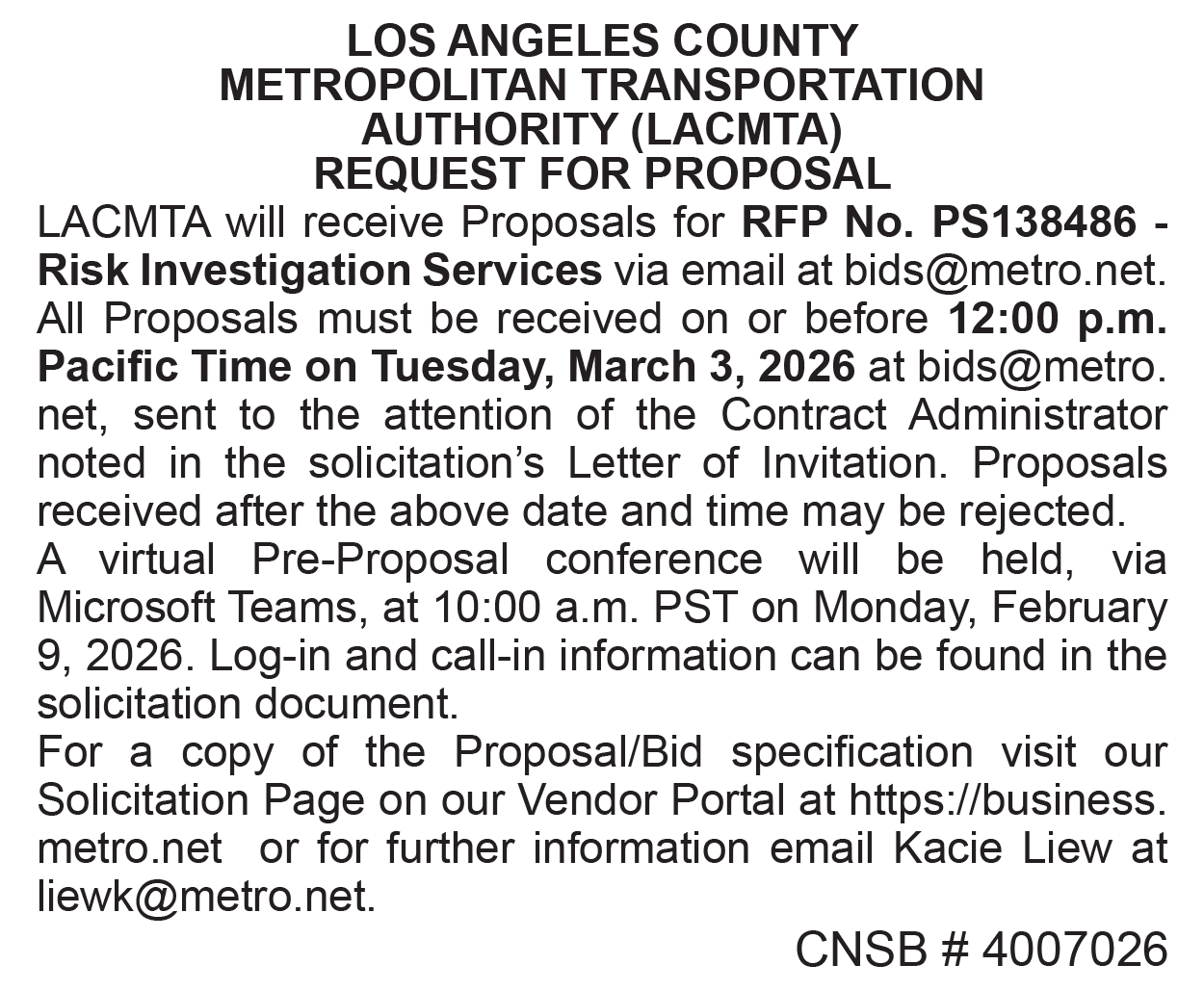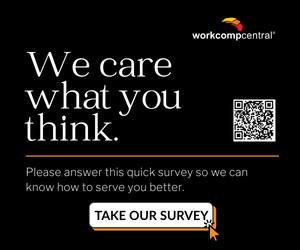News Articles
Thursday, August 20, 2015
Injured Uber Drivers Sue for Workers' Comp Benefits
- State: California
- Topic: Top
- - Popular with: Legal
- - 0 shares
Uber, Lyft and other “sharing economy” companies have faced their share of lawsuits, but few have brought up workers’ compensation explicitly — rather, workers have sought benefits, overtime pay and the general designation as employees.

(image via Uber)
But now two cases in county courts in California have challenged Uber to pay for injuries the company’s drivers suffer on the job.
On Friday, an Uber driver who used to carry passengers in a sport utility vehicle filed suit against the company in Los Angeles County Superior Court. The driver, Omar Zine, contends that Uber is violating the California Labor Code by failing to either purchase workers’ compensation coverage or self-insure to cover his medical expenses.
The case is Zine v. Uber Technologies. The complaint is here.
Zine was injured on Dec. 14, 2014, when he picked up two passengers, according to the complaint — one Laju Choudhury and another woman whose name he still doesn’t know. As he drove them, the complaint alleges that a fight broke out and the women punched and hit him in the head, knocking out teeth and fracturing his jaw.
Zine’s attorneys have noted that a similar case, Abdo Ghazi v. Uber Technologies, has been filed in the San Francisco Superior Court and requested class certification.
Because Uber treats its drivers as independent contractors, it doesn’t carry workers’ compensation insurance for those workers. So, according to the complaint, Zine had to pay for the medical treatment himself.
“Plaintiff has been caused to expend money and incur financial obligations for medical services and treatment in an effort to recover from his injuries,” the complaint reads.
The medical care, performed at Cedars-Sinai Medical Center in Los Angeles, racked up quite a bill, according to Zine’s attorney Richard Rohde — more than $100,000. That included dental work and cosmetic surgery.
Beyond that, the complaint said Zine’s injuries are likely “permanent.”
“They're saying his jaw is not properly aligned,” Rohde said.
Driver injuries might not be such a big issue for Uber, Rohde argued, if the company’s typical auto insurance package wasn’t just liability coverage. That means it covers damage done outside the vehicle, and sometimes damage to the interior of the car, but not to the driver.
If Uber purchased auto insurance that covered the driver, it would likely keep many injuries out of the workers’ compensation system, Rohde said.
“Probably 75% of the other incidents, it would cover it all and there wouldn't be such a backlash in the media,” he said.
However, Rohde said, drivers for Uber — along with Lyft and other “sharing economy” companies that don’t carry workers’ compensation insurance — have very little recourse when it comes to being injured on the job. He said Uber hasn’t helped Zine or the police try to find out who the other passenger in the vehicle was when Zine was allegedly attacked.
“Uber never responded to the detectives' request to assist him in identifying the passenger, they never responded to our emails to try to identify who it was that assaulted ... our client,” he said. “I think the most they did was send our client some flowers.”
Rohde said it might not even make sense for the company to provide workers' compensation coverage for all its drivers, like those who drive for the company's basic taxi-like service UberX. Rohde said that if Uber won’t provide workers’ compensation coverage for all its drivers, it would at least make sense to provide it for workers who make more money in Uber's other services — such as SUV transport and black car drivers — to have the coverage.
“Maybe those special classifications should be deemed employees,” he said. “I don't know about UberX — they pay so low and so many people do it. But for the other classifications (that pay higher), maybe it's correct.”
Zine’s case highlights one issue the workers’ compensation insurance would be faced with if Uber and other “rideshare” companies entered into the system: violence against drivers. According to a fact sheet the U.S. Occupational Safety and Health Administration published in 2010, taxi drivers are 20 times more likely than other workers to be murdered on the job. From 1998 to 2007, OSHA found that the homicide rate among cabbies ranged from nine per 100,000 drivers to 19. For all workers, the average homicide rate during that time period was 0.5 per 100,000.
Christopher Gansen, another of Zine’s attorneys, said his firm does not handle workers’ compensation cases very often. But he decided to take it on because it highlighted the issue of uninsured injuries of Uber.
“Uber's business model I think does not succeed if they face a lot of different regulations,” he said. “And I think that generally ridesharing services are great and a great idea, but you have to do it the right way.”
He said Zine’s case and the lawsuit in San Francisco appear to be some of the first times workers have explicitly sought workers’ compensation coverage from the company, but that more drivers have been injured on the job. The reason the cases are hitting the courts now, he said, might be that Uber’s popularity has exploded in recent years.
“Early in Uber's existence in California, at least in Los Angeles, they did not have UberX ... it was mostly just the black car and the SUV (services), and it was more expensive and it wasn't for the masses at the time,” he said.
In 2014 alone, Uber saw massive growth. According to Business Insider, the number of Uber drivers quadrupled from 10,000 at the beginning of 2014 to more than 40,000 at the beginning of 2015. James Lynch, chief actuary for the Insurance Information Institute, estimates that Uber had $2 billion in payroll in 2014.
Matt Capece, a representative of the general president of the United Brotherhood of Carpenters and Joiners, said this is the first time he’s heard of workers in the sharing economy specifically suing for workers’ compensation. However, he said he wouldn’t be surprised if other cases are wending their way through administrative law systems in other states.
“When you have thousands of people out there working, some of them are going to get hurt,” he said. “And what's an ... injured Uber worker to do, and their family — suck it up? Or are they going to try to reach out and get workers' comp coverage?”
Capece said that because the case is in California, the largest state and the largest workers’ compensation market in the country, and because it’s against the largest rideshare company, it could have far-reaching impacts. He pointed to the ripple effect of a New York Times article published in May highlighting the exploitation of nail salon workers. That, he said, prompted Connecticut labor department officials to inspect nail salons in that state — resulting in the discovery of widespread code violations.
“Other states are going to look at their situation with Uber as well, and workers in other states who get hurt as well could be encouraged by this to fight for their rights,” Capece said.
An Uber spokesperson did not respond to an email requesting comment on Wednesday.
Today’s News
- Ohio - No Error, Abuse of Discretion in PTD Award Top 02/12/26
- Iowa - Worker Gets Permanent Award Despite No Way to Determine Level of Disability NORTH 02/12/26
- S.C. - Property Owners' Association Not Entitled to Dismissal of Injured Worker's Civil Suit SOUTH 02/12/26
- Ariz. - Court Upholds Denial of Claim for Intentional Stairway Spill WEST 02/12/26
- Calif. - Bill Proposes Mandatory Registration for Staffing Companies WEST 02/12/26
- N.Y. - Labor Law Defendants Can't Appeal Summary Judgment for Worker Against Property Owner NORTH 02/12/26
- Texas - Amanda Crawford Takes Over as Insurance Commissioner SOUTH 02/12/26
- Tenn. - Insurance Department Announces 13th Consecutive Rate Cut SOUTH 02/12/26
Advertisements
Now Trending
- Workers' Compensation News
-
Calif. Newsom
Proposes Tightening Criteria for
SIBTF…
Posted on Feb 6, 2026Marc Wiesner says: “The defense industry should take note of this. If passed as drafted,…”
-
Calif. Restitution
Fight in MRI Kickback Scheme
Returning to Appeals…
Posted on Feb 5, 2026
-
Calif. 6th DCA
Publishes Latest WCAB Deadline…
Posted on Feb 11, 2026
-
Calif. Employer
Entitled to Relief From Default;
Owners Not Liable to Injured…
Posted on Feb 6, 2026
-
Calif. Bill
Proposes Mandatory Registration for
Staffing…
Posted on Feb 12, 2026
-
Calif. Exclusivity
Bars County Worker's Civil Suit
Against…
Posted on Feb 6, 2026
-
Calif. Budget Bill
Would Preserve Amendments to WCAB's
60-Day…
Posted on Feb 11, 2026
-
Iowa High Court
Nixes Negligence Claim for Lack of
Actual…
Posted on Feb 10, 2026
-
Okla. Supreme
Court Says AWCA Doesn't Bar Worker
from Changing Doctors More Than…
Posted on Feb 9, 2026
-
Ohio No Error,
Abuse of Discretion in PTD…
Posted on Feb 12, 2026
Jobs
Upcoming Events
Feb 26, 2026
Permanent Disability Rating Bo
This AWCP program provides focused education on California permanent disability in workers’ compen …
Mar 3-4, 2026
Save The Date! WCRI’s 2026 Ann
Registration will open up in the coming months. We'll see you there! - Leading national workers' …
Mar 5-6, 2026
DWC’s 33rd Annual Educational
Register Now! 2026 conference topics: DWC Update AI with a Claims Focus Medical and Legal Ethics …
Social Media Links
c/o Business Insurance Holdings, Inc.
Greenwich, CT 06836






2 Comments
Log in to post a comment
Frank Neuhauser Nov 3, 2016 a 7:58 am PDT
What an odd set of circumstances:
1. Implication is that Zine is on hook for $100,000 in medical expenses. But, by law (ACA) Zine was required in 2014 to have health insurance. So either his health insurance paid the bills or Zine was flouting the law.
2. Zine seems to blame Uber for not identifying "Doe". That's nuts. Choudury was apparently the customer, something Uber could know and may even have told Zine & the police. But what could possibly give Uber knowledge of a passenger who is not the client. Isn't this the police's job?
3. Just wondering: how many traditional taxi drivers are independent contractors just like Uber drivers?
WILLIAM YATTAW Nov 3, 2016 a 7:58 am PDT
These Uber drivers are independent contractors, and most of them have other jobs. Under California Law Independent Contractors don't qualify for Workers' Compensation. I don't see how this suit is going to go anywhere. Of course it was always predictable that such a thing would happen eventually.
Joseph Telezinski Nov 3, 2016 a 7:58 am PDT
Justsaying, can you provide a citation to any case finding that Uber drivers are independent contractors under California law?
Steven Carbone Nov 3, 2016 a 7:58 am PDT
I don't want to pay for Uber's workers injuries when they cause the accident. But I am because those uninsured workers go to the county hospital for their injuries. Work comp law has long ignored "independent contractor law" whatever that is, and made workers employees for work comp purposes. Whatever scheme the 'employer' thinks up, Uber included will just result in the courts making these drivers, all of them, Uber employees for work comp. See this nice explanation... https://www.foxwangmorgan.com/pdf/Independent%20Contractor%20Misclassification.pdf